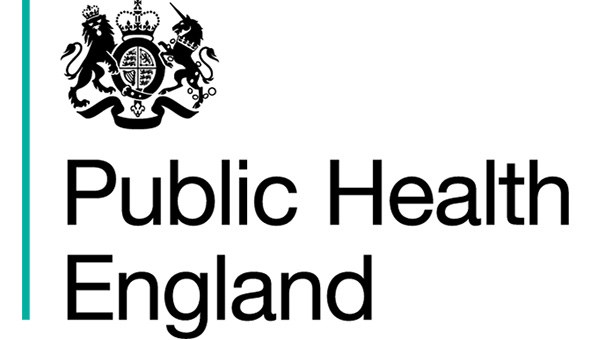This research carried out by Lancaster University and supported by the West Midlands and Merseyside Fire Services, is gathering data on low-levels of carbon monoxide (CO) present in the homes of older adults, and will screen their cognitive function and mental health.
This research will assist in the understanding of whether low-level and long term CO exposure can be a risk factor in neurological disorders such as dementia.
The Alzheimer’s Society say that more than 850,000 people have a diagnosis of dementia in the UK, with numbers set to rise to more than 1 million by 2025. They say that this will increase to 2 million by 2051. One in six people over the age of 80 have dementia whilst in the UK there are more than 40,000 people under 65 years of age with dementia.
Symptoms of dementia include memory impairment and cognitive impairment such as effects on language, motor skills and recognition. These symptoms are similar to those displayed by people who have been poisoned by CO.
In 2016, the Gas Safety Trust (GST), in collaboration with the National Institute for Health Research (NIHR) Clinical Research Network West Midlands, held a roundtable discussion in Birmingham to look in particular at CO in relation to the impact on peoples’ cognitive function as well as potential links to dementia.
This piece of research from Lancaster University stemmed from discussions that took place at this roundtable and from data showing that over the 2014/15 winter period there were four fatalities in people over 80 years of age, from three separate incidents involving piped natural gas.
Lead researcher Beth Cheshire presented some of her findings from this project during one of the CO Research Trust lecture series events, on 21st Oct. To watch her presentation in full, please click here.

Completed
Our research partners

University of Leeds

Manchester Metropolitan University

University of Hertfordshire

University College London

St George's University Hospitals

Sheffield Hallam University

Queen Mary University of London

Public Health England

NPIS

Newcastle University

NEA

London Fire Brigade

Université de Lausanne

Imperial College London

Liverpool John Moore University

Lancaster University

Improving Practice in Performance

IGEM

East of England Ambulance Service

Cranfield University

Brunel University London

Aintree University Hospital

Frimley Health

University of Surrey
